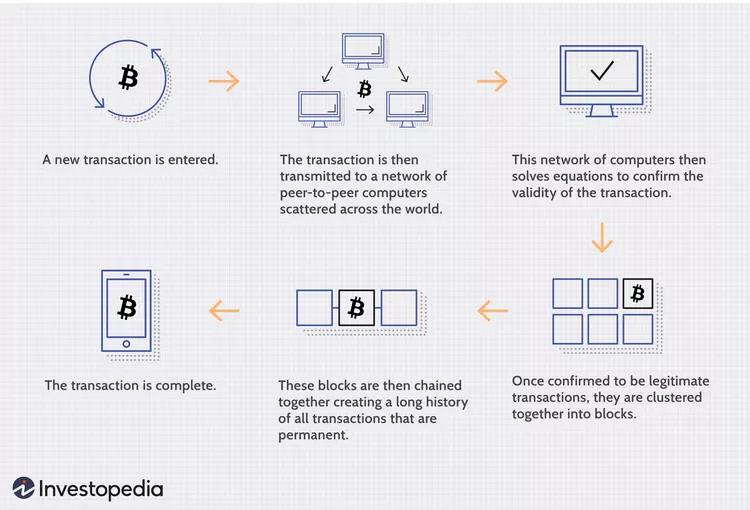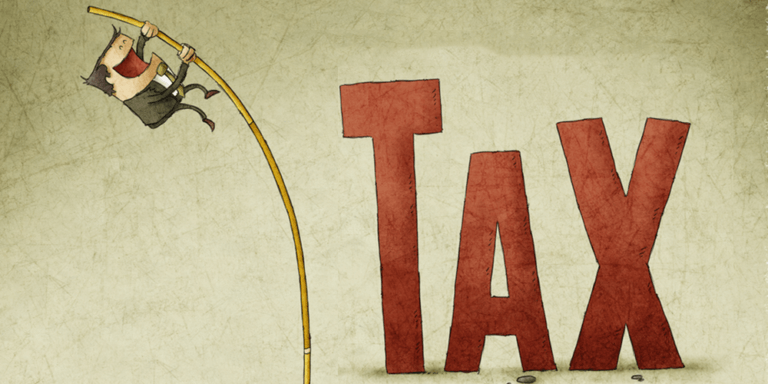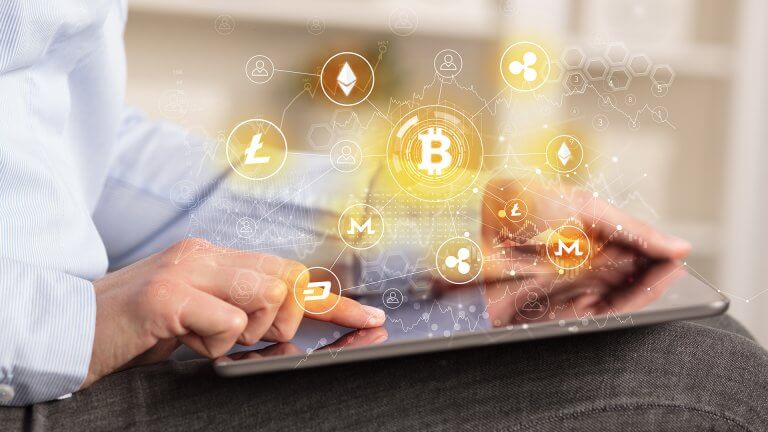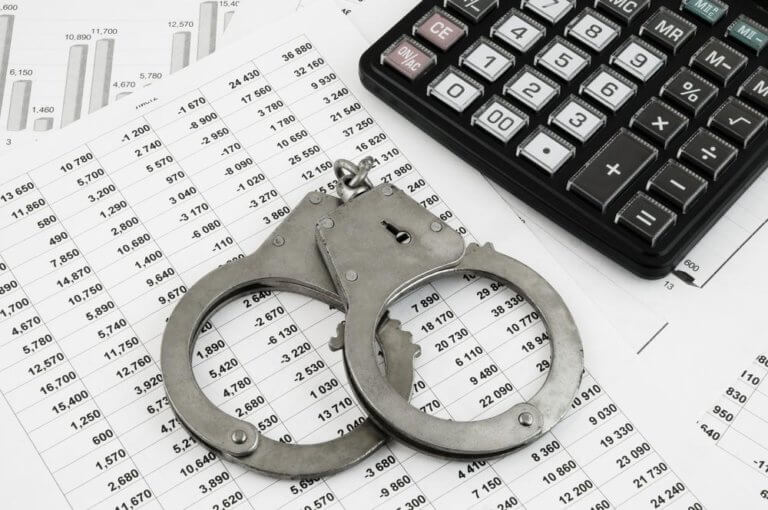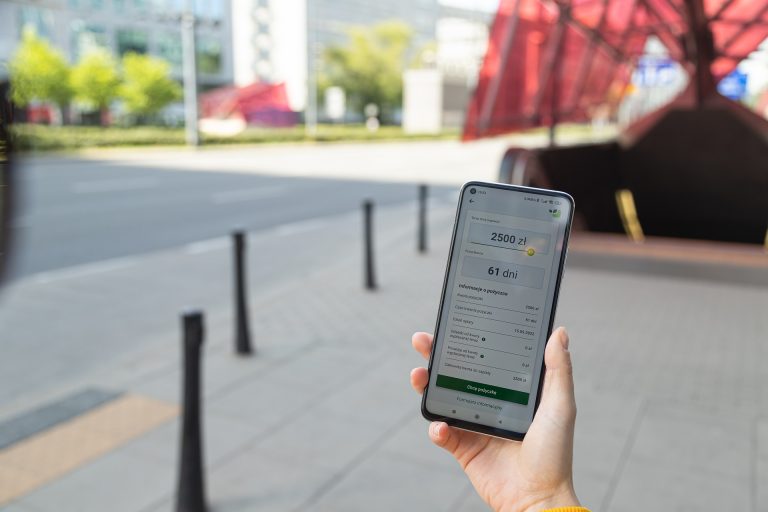In the hospitality industry, the guest experience is of utmost importance because it improves satisfaction and loyalty, drives repeat business and long-term profitability, and increases the likelihood of word-of-mouth marketing.
In order to improve the guest experience in 2025 and beyond, restaurants, pubs, hotels, takeaways, spas and other hospitality venues must welcome emerging technology trends, particularly some of the payment methods that are shaking up the industry.
Other than improving the guest experience, here are some more reasons why businesses in the hospitality industry should keep up with emerging payment trends:
- Competitive advantage in the industry. Businesses that adopt new payment trends gain leadership in the industry and prevent being outpaced by rivals.
- Shows innovation. Businesses that adopt new payment trends prove they are forward-thinking, innovative, and willing to adapt to new technologies. This attracts tech-savvy guests.
- Streamlines business operations. Businesses that adopt new payment trends are able to streamline their operations, which reduces costs, increases efficiency, and improves the quality of their service.
- Enhanced data collection. Businesses that adopt new payment trends can collect better guest data, which allows them to make more informed decisions that improve their marketing, customer service, and personalized guest experiences.
This article will explore three payment trends that are set to shake up the hospitality industry in 2025 and beyond.
Blockchain-Based POS Systems
If you are in the hospitality industry, you already know the benefits of using a modern point-of-sale (POS) system. They enable you to take orders, process payments, track inventory, collect data, and manage your employees and customers all in one place.
In 2025, we can expect more venues to reap the further benefits of a blockchain-based POS system for their hospitality business.
Blockchain is a type of digital ledger that stores data across a network of computers so that it is protected against tampering. By integrating blockchain technology with your POS system, you can:
- Improve your loyalty programs. Blockchain technology can create personalized loyalty programs and allow for the instant verification and redemption of points.
- Increase trust and transparency. Blockchains create a transparent transaction history that ensures all involved parties have access to the same information, which can lead to increased trust.
- Prevent fraud. Blockchain technology makes it almost impossible to maliciously alter any recorded or stored information, preventing fraud.
- Enhance security. When using a blockchain-based POS system, transactions are encrypted, which protects sensitive customer information such as credit card details.
- Eliminate the need for intermediaries. Blockchain technology decentralizes the data and facilitates peer-to-peer transactions, eliminating the need for intermediaries. This reduces payment processing costs and streamlines transactions.
Buy Now, Pay Later
Buy Now, Pay Later (BNPL) is a type of loan that allows customers to purchase something with little or no upfront payment, and pay off the remaining balance over four or fewer installments spread apart. Popular BNPL providers in the US include Klarna, AfterPay, and Affirm.
BNPL methods have been popular for those buying things online for some time. However, you can expect more businesses to partner with BNPL providers in 2025 to allow guests to pay in-store using an installment plan.
41% of US adults used Buy Now, Pay Later services in 2024, highlighting how the hospitality industry can use BNPL to bring more people to their venues who couldn’t usually afford it.
Whilst you cannot use BNPL methods to pay for rent, utility bills, gift cards, government fines, medical bills, or gambling, you can allow guests to pay for their hotel stay, restaurant dinner, pub lunch, or spa treatment.
QR Code Payments
Global spending using QR codes is expected to rise to $3 trillion by 2025, highlighting the need for hospitality businesses to introduce QR code payments.
A guest can use their smartphone to scan a QR code on another screen, a board, or a piece of paper. This will open a link in the phone’s browser, allowing them to pay using digital methods such as debit or credit cards and mobile wallets such as ApplePay, GooglePay, and PayPal.
QR code payments significantly improve the guest experience at a hospitality venue in a number of ways, including:
- Providing guests with quicker service. Allowing guests to pay using a QR code means they can pay when they are ready to leave, without waiting for your employees to bring over a card machine or without having to join a queue at your counter POS.
- Proving guests with better service. As employees don’t have to focus on printing receipts or taking payments, they have more time to serve food and interact with guests.
- Providing guests with a more hygienic way to pay. QR code payments are contactless, perfect for guests who are still reluctant to handle cash and engage in unnecessary contact following the Covid-19 pandemic.
- Allowing guests to pay using their preferred method. By scanning a QR code, guests are able to pay over the internet using debit or credit cards or mobile wallets such as Apple Pay and Google Pay.
- Gathering guest feedback to improve. Guests are more likely to complete digital feedback forms when they are already using their smartphone to pay. This feedback can assist you with marketing, help you improve your customer service, and recognize where guests aren’t satisfied with food or drink quality.
In addition, some hospitality businesses may implement QR code menus, which allow guests to access a digital menu, often with prices and pictures, and pay for the dishes they want using their smartphone.
Will You Adopt These 3 Payment Trends In 2025?
In 2025, we expect to see hospitality venues such as restaurants, pubs, hotels, takeaways, and spas adopt some or all of the payment trends explored in this article. These emerging trends help businesses improve the guest experience, streamline their service, enhance their marketing campaigns and loyalty programs, welcome more guests, prevent fraud, and much more.
If you want to compete in a competitive industry against your hospitality rivals, guests expect you to get on board with blockchain-based POS systems, BNPL payment options, and QR code payments and menus.
